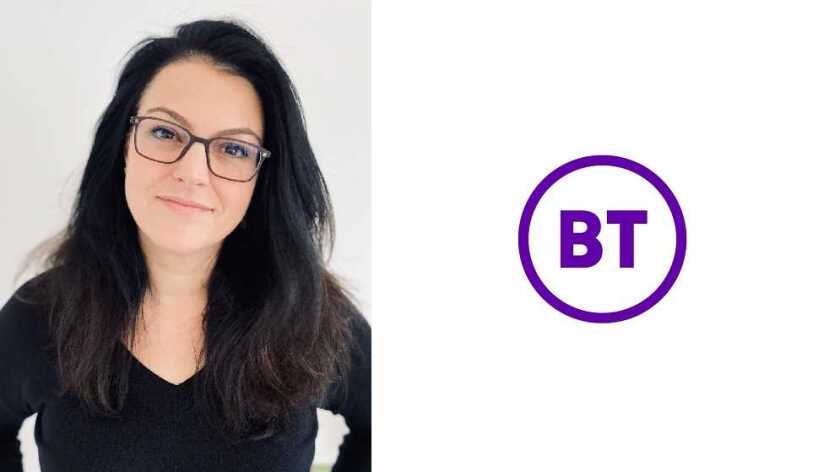June saw BT publish its inaugural Diversity and Inclusion report, a document that reviewed the company’s activities and initiatives as well as its D&I priorities over the next 12 months.
Jackie Beer, BT’s director of diversity and inclusion, spoke to Capacity about what the organisation learnt from the report and the changes it will be making.
“There is a huge amount of D&I activity that we captured during our reporting process,” she says. “We want to build on this momentum and appetite for action, amplifying good practice so that it can be replicated across other areas of the business and in other regions.”
Specifically, Beer says that BT’s D&I forum will act as a repository for good practice and shared learning. “Our regular D&I reporting cycle means we are spotting (and getting ahead of) identified trends.
“Our report captures some of the excellent work that’s being undertaken and our new pan-BT D&I strategy deliberately focusses on attracting, hiring and retaining diverse talent so that we can ensure BT remains a truly inclusive company,” says Beer.
One recent case for the need for company-wide support is the hybrid working environments created by the pandemic.
“BT’s primary concern was to safeguard the wellbeing of our people during the pandemic and to communicate sensitively with them at a time of immense personal and professional strain,” explains Beer.
Part of this safeguarding included increased support and guidance for line managers, enabling them to respond to individual colleagues’ circumstances, taking careful note of the disproportionate impact Covid-19 had on some communities such as carers, parents, ethnic minority colleagues, women, etc.
Founded in 1846, then known as the Electric Telegraph Company, BT is considered a legacy business with undoubtedly its own working culture and environment. So how easy is it to implement these ambitious changes without facing resistance?
“As would be expected of any industry-leading company, our culture – and our approach to D&I – is continually evolving,” says Beer. “Our commitment to being a learning organisation and constantly adopting a considered curiosity means that across the business there is an appetite to work at pace and to embrace agility – and there is a resolute commitment to working in the best interests of our colleagues and customers.”
Part of this change in culture includes understanding how best to attract and retain a truly diverse workforce, not just at individual companies but across the industry as a whole. Because of BT’s size, Beer admits, it will “take time to build a workforce that’s truly representative of the population and communities we work in and serve”.
And at a macro level “we must accelerate the pace at which we are progressing”, she says. “To do so, we need to make better use of our data, insights and the experiences our colleagues (and candidates) share with us. This, combined with an evidence-based approach to inclusive recruitment, is one of the key areas our industry needs to address.”
As a society we are becoming increasingly aware that equity is just as important in the fight for equality, and Beer agrees, noting the value of leveraging “data and evidence” to “take positive action, or allocate resources based on the needs of under-represented groups or individuals”.
“Our allies are one of our greatest resources when it comes to ensuring equity across our decision-making, our policies and our processes,” she adds. Technology also plays a crucial part in this drive for change, especially for those affected by the digital divide.
“We have strengthened our approach to digital accessibility over the past 12 months, providing colleagues with a suite of development opportunities and training,” says Beer. This includes a range of online sessions focused on hearing and sight impairments, neurodiversity and wellbeing.
With all the work the company is doing in D&I, the organisation shows no signs of slowing down. “Our data shows that we need to do more on ethnicity, gender and disability,” Beer says.
In addition to its Disability Rapid Action Plan, she says, the company is continuing to provide Race Awareness Training to colleagues and offering reverse-mentoring opportunities.
“We are looking at some of the additional inclusion interventions that we can deliver, which will enable BT to progress gender equality,” she says. “And we are working closely with our Talent teams to ensure that all hiring decisions have inclusion and equality at their heart.”






